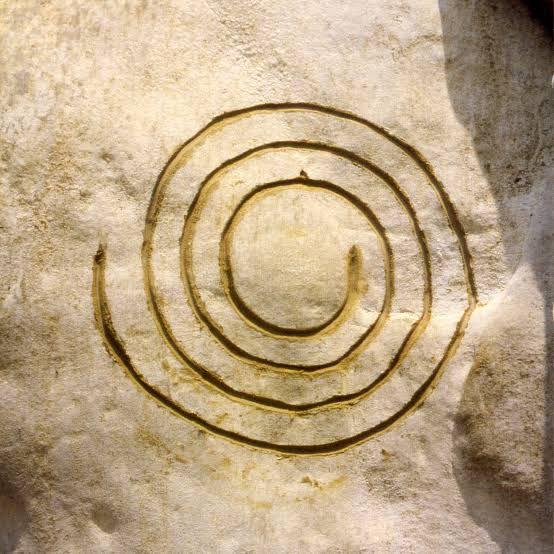On the nature of the soul, by Ibrahim T. Tumsah
Radical Thought
I’ve always wondered about the nature of the soul, what gives it it’s essence, what makes it unique to every individual, its properties and what it consists of. It’s only natural that i offer an explanation with my findings about the soul. Ibn Sina (Avicenna), the early Persian Islamic philosopher conducted a famous thought experiment called the “Floating Man”, so we can come to terms with what the soul is apart from the body. In this experiment Ibn Sina asks us to imagine ourselves coming into existence in a void or a large space. Our body is floating in this space, with our limbs spread apart so that no body part is coming into contact with anything or is able to feel any object. Our eyes are covered with a substance (i.e membrane) that prevents us from seeing anything around us and all our other sensory organs also unable to detect any phenomena or any object around us. In this vulnerable helpless state of being with complete sensory deprivation would we still be able to affirm our existence? Yes, of course we would be able to, thought Ibn Sina.
He postulated that we would never doubt our existence and the self, even if in this scenario we would not be able to affirm the existence of our body parts. The soul would be able to affirm itself in relation to the body, because the soul is the first perfection of the natural instrumental body with which we would be able to define ourselves and it is what gives us a sense of “self”. In this state of being of total sensory deprivation, our first instinctive knowledge of our own existence is what offers us an indication of the soul and its immaterial nature is what makes us who we are. In short the soul, is what gives us our essence; it is what gives us our sense of being. we would be able to affirm ourselves because the soul is the body’s battery pack or the spark that makes us aware of our consciousness and the main element of life.
What is the soul? it is the ghost that thinks, and it is capable of both moral decisions and rational cognition. The soul is the seat of the human moral responsibility. It is our main source of guidance, and is the essence of our uniqueness in the whole realm of nature. It is natural then to ask why it exists? but the question of the “why” leads to an infinite regression of causes and effects. it is like asking why the sun is hot instead of cold or why humans use our legs to walk instead of our hands. However the soul is the first principle of life. As Allah says in the Quran;
And when I have proportioned him and breathed into him of My (created) soul,.. [Q15:29]
Plato outlines the conception of the soul into three distinctive parts; the desires, willpower and reason. Thorough education trains the will to be the ally of reason. Reason then controls desire, the soul is unified and the person achieves self-mastery. In this condition of the soul, each part plays its role in harmony for a greater purpose. He explains further in an analogy; the ideal state of the soul is when the philosopher king (reason) makes decisions for the benefit of everyone enforced by the guardians (the will) to ensure proper conduct among the self interested citizens (the desires). In this analogy, the state (which is the body) can function properly without fear of suffering injustice from anyone and therefore everything flows as it should in order.
Is the soul eternal? Unlike the body the soul does not require any organs to work. The soul is an immaterial entity. The human body requires a soul to function and act as the rational and moral faculty of all living things. Since the soul requires no bodily function, it thus needs to be eternal and can therefore go on living in an immaterial single independent entity, even after the human body has ceased existing and left the material world. Because the soul is immaterial in nature, it is independent of matter. Thus, after the destruction of the body, the soul can go on in a state of consciousness in its ghostly form, existing eternally with the memories it acquired form its host body, but only in an incomplete form since it is without it’s body. Therefore the soul will be in union with its single entity (the one soul) along with all other souls that have passed on since the beginning of time. Allah says in the Quran;
“And it is We who produced you from one soul and (gave you) a place of dwelling and of storage. We have detailed the signs for a people who understand.”[Q6:98]
Therefore the soul will be in union with God until the day it is recalled back into its host body on the day of resurrection. Thomas Aquinas sums it up quite well in a rather long passage that, “It is therefore contrary to the nature of the soul to be without the body. But nothing which is contrary to nature can be perpetual. Hence the soul will not for ever be without the body. Therefore since the soul remains forever, it should be united again with the body, and this is what is meant by rising (from the dead). The immortality of the souls seems then to demand the future resurrection of bodies.”
Follow the Neptune Prime channel on WhatsApp:
Do you have breaking news, interview request, opinion, suggestion, or want your event covered? Email us at neptuneprime2233@gmail.com





